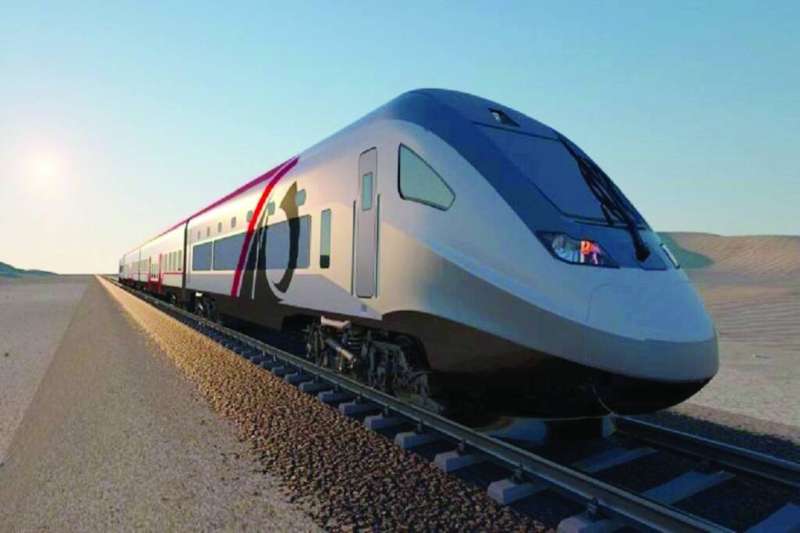The Public Authority for Roads and Land Transport has taken significant strides in advancing the railway project for the Gulf Cooperation Council (GCC) countries. Recently, the committee responsible for evaluating tenders for consulting offices submitted its recommendation for the winning global office. This marks an important milestone in the project’s progress, as preparations are underway for the development of tender documents and subsequent implementation.
Khaled Dhawi, the Acting Director General of the PART, shared that the authority has completed the technical evaluation of offers for the advisory study tender for the Gulf Railway Project. Following this evaluation, the authority has submitted its recommendation to the Central Agency for Public Tenders, which will make the final decision regarding the awarding of the tender.
The advisory study is expected to be implemented over a period of 12 months. Once completed, the project implementation tender will be issued, with a timeline of 30 months according to the traditional tendering system. Dhawi further stated that, based on the proposed timetable for the Kuwait-related portion of the project, it is anticipated to be completed by the end of 2028.
In total, ten international consulting offices submitted offers to compete for the tender. The study committee recommended the bidder that demonstrated technical excellence and offered the lowest price. Dhawi also highlighted that the authority had previously finalized the conditions for the detailed study and design project, as well as the tender documents for the railway project. The consultative tender for the design was launched on January 15 of this year.
The Gulf railway route spans approximately 2,117 kilometers, starting from Kuwait in the north and extending through all the GCC countries until Muscat in the Sultanate of Oman in the south. The route passes through Saudi Arabia, Bahrain, Qatar, and the Emirates. The first stage of the Kuwait-related portion of the project covers a distance of 111 kilometers, beginning from the Nuwaiseeb center at the southern border of Kuwait with Saudi Arabia and ending at the main passenger terminal in the Al-Shaddadiya area behind Kuwait International Airport.
The train is expected to reach speeds of up to 200 kilometers per hour, and diesel will be the fuel used, as per the GCC agreement. The railway track will consist of a single line, accommodating both passenger and freight transportation. Additionally, the right-of-way will be 200 meters.
The idea for the Gulf Railway Project was initially conceived in 2009, with the approval of the proposal by the Summit of Heads of State of the GCC. This project holds immense significance as it will connect the GCC countries, facilitating the movement of goods and passengers between them.
The project is expected to yield several benefits, including enhanced regional connectivity, improved trade opportunities, and increased efficiency in the transportation of goods and people. It will contribute to the economic growth and development of the GCC countries, fostering closer ties and collaboration among them.
Originally, the General Authority for Public-Private Partnership Projects was tasked with studying and implementing the project. In 2016, a feasibility study was conducted. Initially, the proposed method of implementation involved a partnership with the private sector and the Design Build approach. However, with the issuance of Cabinet Resolution 1249/2021, the project has been assigned to the Public Authority for Roads and Land Transport (PART) along with all its components and stages.
As progress continues on the Gulf Railway Project, it is anticipated that the region will witness transformative changes in transportation infrastructure, paving the way for increased connectivity and economic prosperity. The railway will serve as a vital link, fostering closer ties and facilitating the movement of people and goods within and between the GCC countries.







